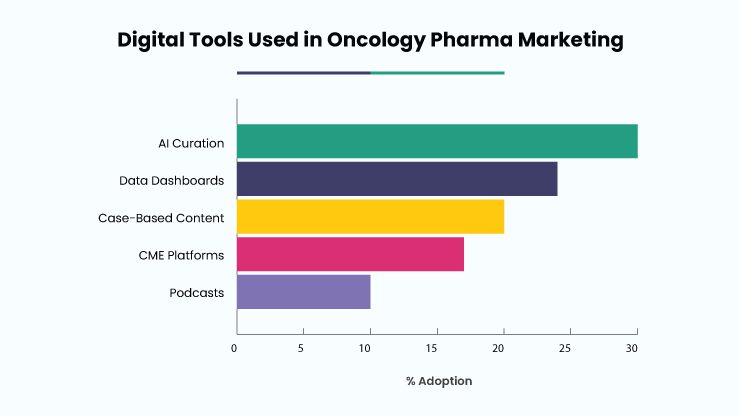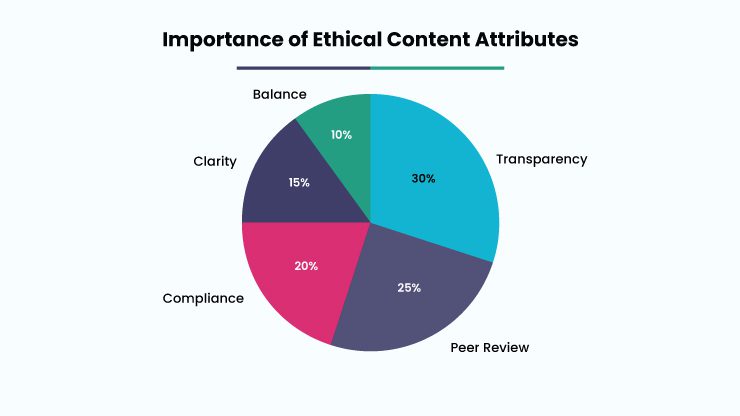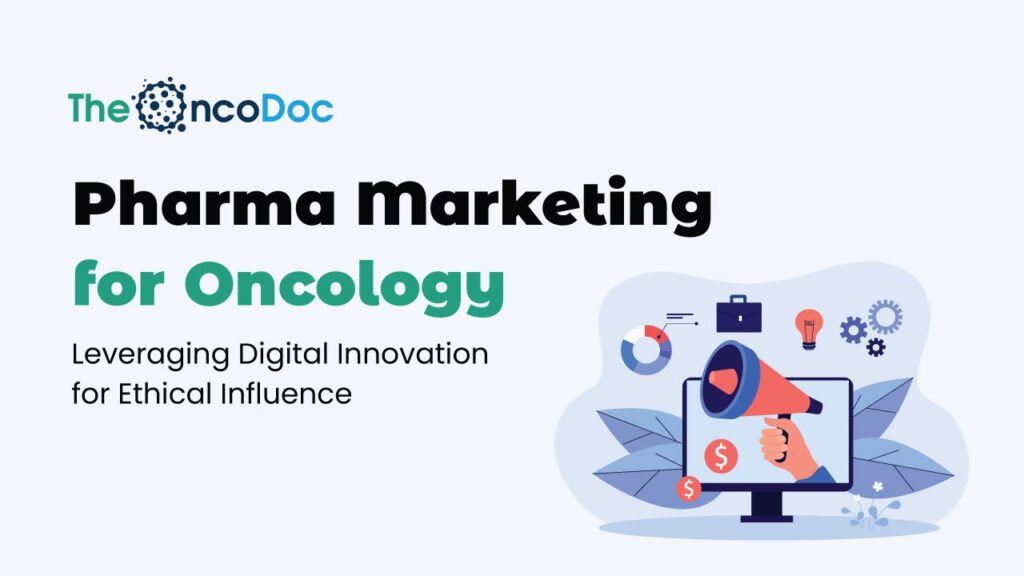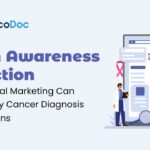Introduction: Rethinking Influence in the Digital Age
The digital age has redefined how information is shared and consumed. In oncology, where the stakes are high and the treatment landscape is continually evolving, pharma marketing must rise above promotional tactics and embrace ethical, value-driven engagement. Clinicians are increasingly resistant to overt advertising and demand access to credible, relevant, and transparent content that supports their decision-making process.
The transformation of oncology marketing hinges on the adoption of digital tools that prioritize the needs of healthcare professionals (HCPs), especially oncologists. Ethical influence grounded in scientific credibility, regulatory compliance, and personalized content is not just ideal but essential. Effective digital marketing in this field must balance innovation with integrity, fostering meaningful relationships that advance both brand credibility and patient care.
Data Visualization for Clinical Confidence
One of the most effective ways to gain the trust of oncologists is through the clear and transparent presentation of clinical data. Dashboards that visualize treatment outcomes, adverse event rates, cost-benefit analyses, and survival curves allow clinicians to rapidly assess therapeutic options. This data becomes even more useful when it can be filtered based on demographic or disease-specific parameters.
Instead of overwhelming physicians with raw datasets, well-designed visual summaries and infographics empower quicker comprehension. They help translate clinical trial findings and real-world evidence into actionable insights. Such tools support evidence-based practice and position pharmaceutical brands as partners in care, rather than just product promoters.
AI-Driven Content Curation: Smarter, More Personalized

Artificial Intelligence (AI) is a transformative force in content delivery. By analyzing individual user behavior such as prior content views, specialties, and even CME participation AI can customize content recommendations. A surgical oncologist interested in immunotherapy might receive updates on checkpoint inhibitors, while a radiation oncologist may get access to the latest dosimetry techniques.
This personalization ensures that oncologists receive the most relevant, timely information, reducing information fatigue and increasing engagement. AI also allows pharma marketers to adjust campaigns in real time based on evolving user behavior and clinical trends, ensuring sustained value.
Digital Ethics and Regulatory Excellence

As digital outreach expands, so does the need for stringent ethical standards. Every interaction whether an educational email, an e-detailing session, or a social media post, must adhere to global and local regulatory codes such as the Uniform Code of Pharmaceutical Marketing Practices (UCPMP), International Federation of Pharmaceutical Manufacturers & Associations (IFPMA), FDA guidance, and GDPR.
Transparency is non-negotiable. Sponsored content must be clearly marked, claims must be backed by peer-reviewed research, and all content must undergo medical and legal review. Furthermore, protecting user data and respecting privacy must be central to any digital initiative. These practices not only ensure compliance but also elevate the brand’s integrity among healthcare professionals.
Case-Based Marketing: Contextualizing Science
Case-based marketing offers a compelling way to humanize scientific information. Presenting anonymized real-world cases featuring patient history, diagnostic challenges, treatment decisions, and outcomes brings therapeutic concepts to life. These stories help clinicians relate abstract data to clinical practice.
Multimedia formats like podcasts, animated explainer videos, and interactive infographics can enhance the storytelling experience. By showing how a specific drug fits into the broader care pathway, marketers can drive home its practical relevance without resorting to aggressive promotion.
Partnerships with Trusted Institutions
Collaborations with respected institutions, academic hospitals, oncology societies, and CME providers can amplify message credibility. Co-branded content, joint webinars, and sponsored research initiatives provide dual value: they enrich clinician knowledge and extend the reach and authority of the marketing effort.
For instance, an educational series developed in collaboration with a top cancer institute will inherently carry more weight than brand-generated materials. These partnerships also open the door to feedback loops that can inform future strategies and content development.
Empowering Oncologists Through Transparency and Interactivity
Transparency goes beyond compliance; it is a cornerstone of trust. Offering links to full trial protocols, declaring financial conflicts of interest, and providing honest portrayals of drug limitations help cultivate a reputation of honesty. Additionally, incorporating interactive tools such as treatment simulators or personalized dosing calculators transforms passive learning into active engagement.
These tools not only boost educational value but also generate real-time data on HCP preferences and knowledge gaps. Such insights can then be used to further refine content strategy and delivery formats.
Measuring Success the Right Way
In ethical digital marketing, success should not be measured by clicks or impressions alone. Instead, metrics should focus on depth and quality of engagement completion rates for educational modules, attendance in webinars, follow-up interactions, and qualitative feedback. Tools like Veeva CRM, IQVIA, and Adobe Analytics can provide robust insights into these dimensions.
Continuous improvement must be a goal. Data-driven optimization, fueled by HCP feedback and analytics, ensures that marketing remains both effective and respectful of clinicians’ time and intelligence.
Conclusion: Influence Rooted in Integrity
Digital innovation, when ethically applied, transforms oncology pharma marketers into enablers of informed, evidence-based care. By emphasizing education over promotion, transparency over persuasion, and personalization over generalization, pharma can build meaningful, trust-based relationships with oncologists.
In a field as critical and sensitive as oncology, ethical influence is not a luxury, it’s a necessity. Brands that embrace this approach will not only elevate their reputation but also contribute to improved patient outcomes by empowering the clinicians who care for them.
The Oncodoc team is a group of passionate healthcare and marketing professionals dedicated to delivering accurate, engaging, and impactful content. With expertise across medical research, digital strategy, and clinical communication, the team focuses on empowering healthcare professionals and patients alike. Through evidence-based insights and innovative storytelling, Hidoc aims to bridge the gap between medicine and digital engagement, promoting wellness and informed decision-making.



